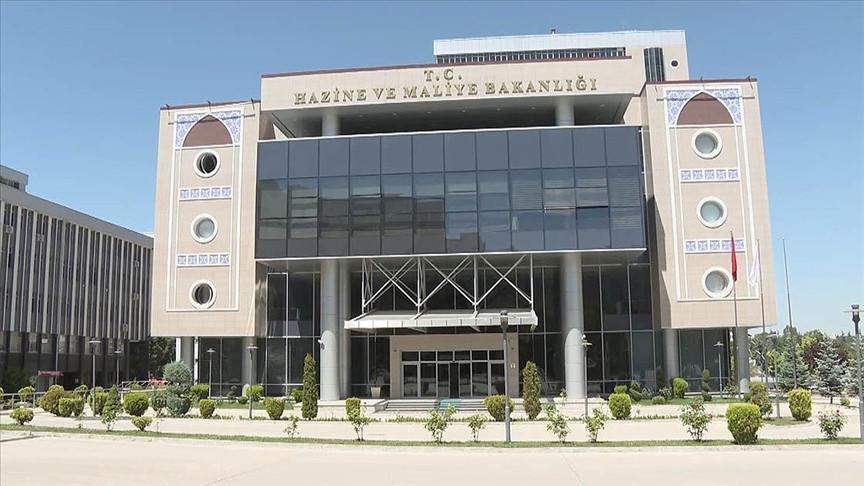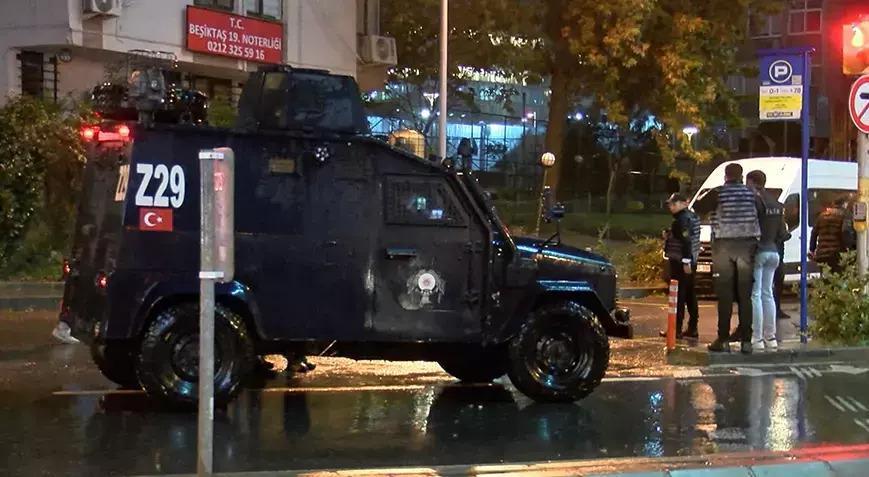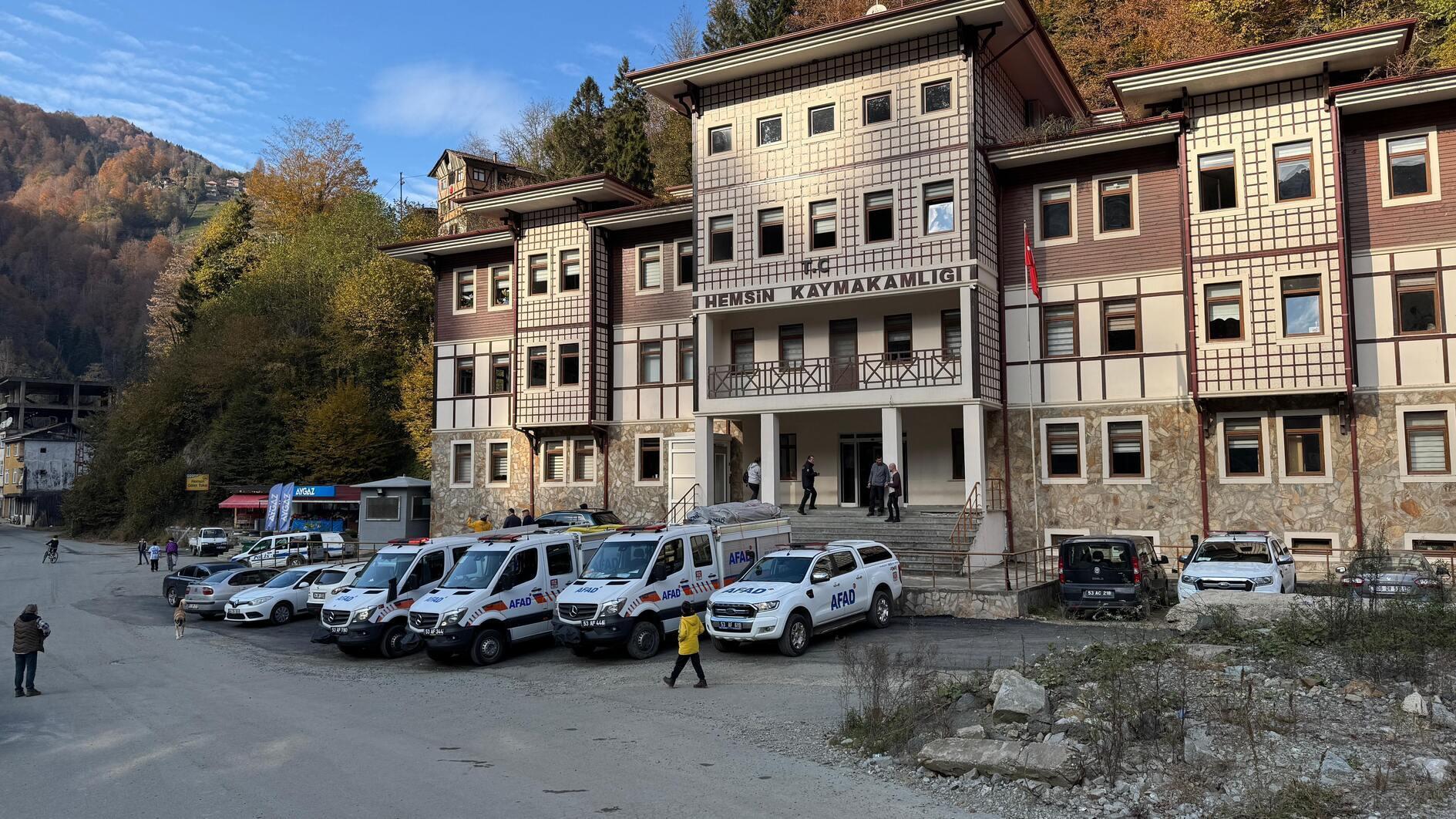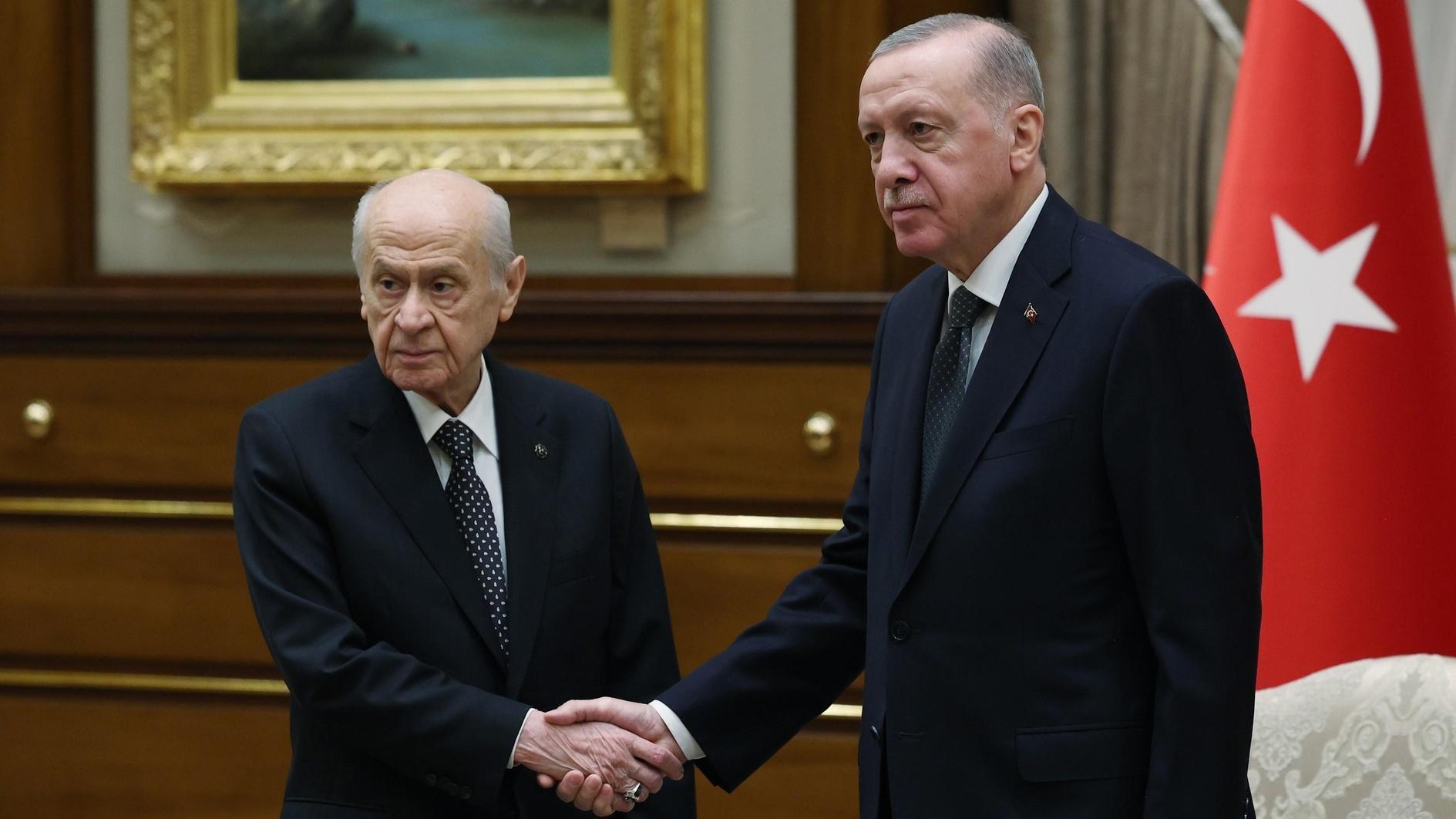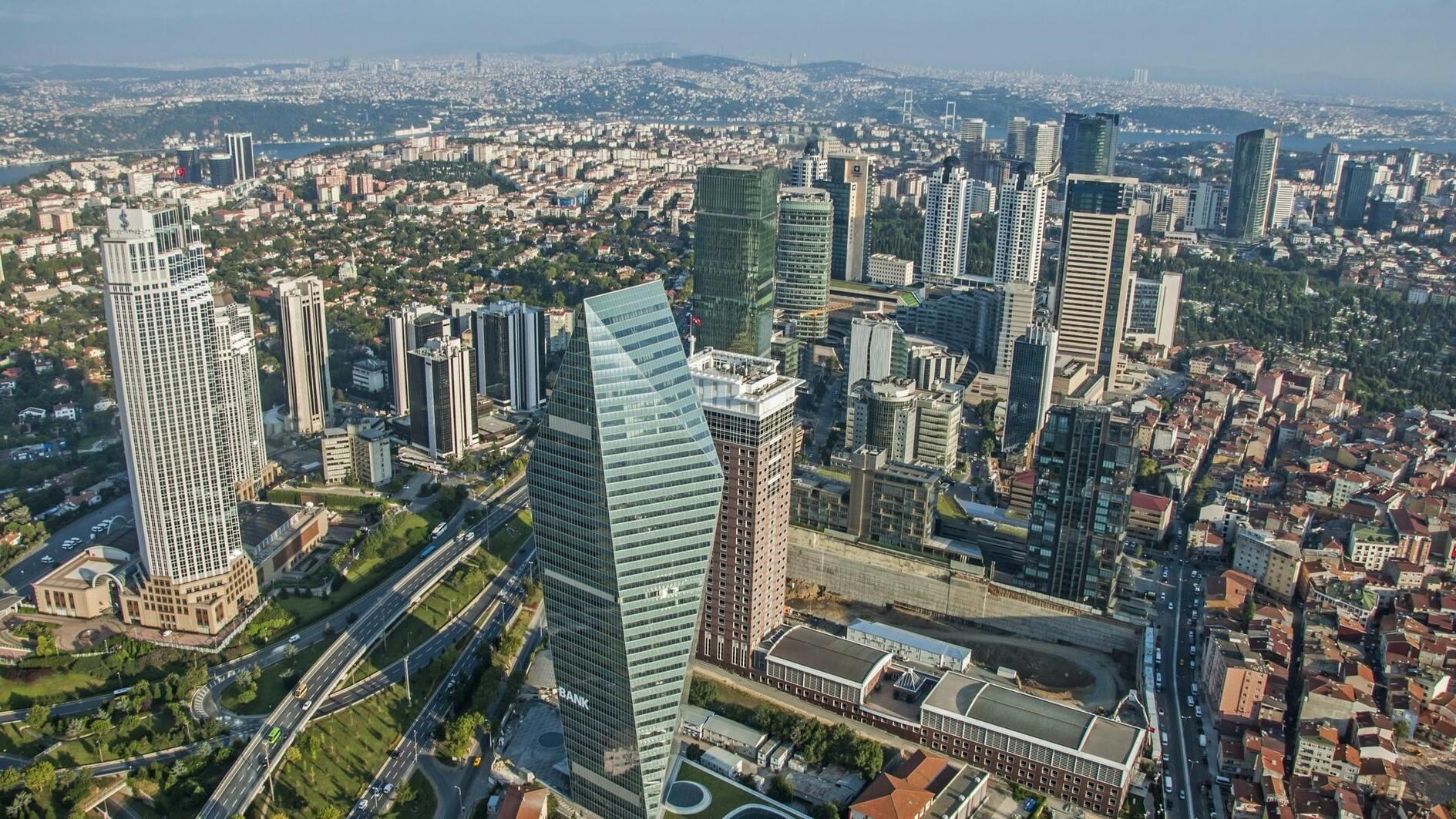UN official praises open door policy for Syrians
Emine Kart - ANKARA
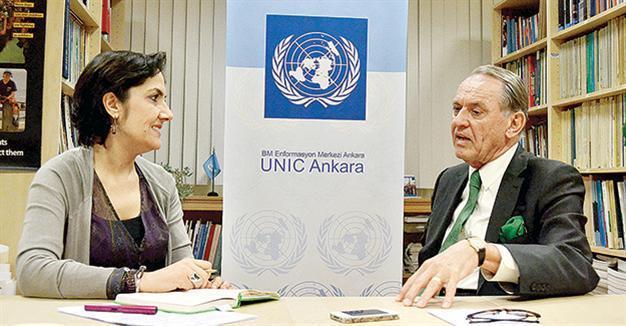 The United Nations which has come under severe criticism from President Recep Tayyip Erdoğan for its call to open its borders to the recent influx of Syrians from Aleppo has voiced hope for the resumption of Turkey’s “tradition of open borders and generosity.”
The United Nations which has come under severe criticism from President Recep Tayyip Erdoğan for its call to open its borders to the recent influx of Syrians from Aleppo has voiced hope for the resumption of Turkey’s “tradition of open borders and generosity.” “I am the first one to say that we need to have a reduction of violence because to have a continued flow of refugees from the Aleppo area to the border is of course very complicated for anyone to deal with,” U.N. Deputy Secretary-General Jan Eliasson told the Hürriyet Daily News in an interview on Feb. 22.
“Turkish authorities have felt that the flow has been so great that they have not accepted entry at this stage. I have the impression that they have made exceptions in humanitarian cases – people who have been sick or in extreme … cases,” Eliasson said.
“So we hope that they are exercising this humanitarian consciousness which I am sure they have. I hope that the flow will be reduced and that in the end of course, Turkey will continue its tradition of open borders … in this situation,” he said.
“I have full understanding of the pressures that Turkey is feeling. But there is also the matter of the safety of the people in this area,” Eliasson said.
Turkey recently said it wanted a secure strip of territory 10 kilometers deep on the Syrian side of its border, including the town of Azez, to prevent attempts to “change the demographic structure” of the area.
Eliasson, however, appeared reticent to the idea, mainly due to the absence of a consensus among players on the ground and in the international community.
“This is a very complicated subject. There are different theories as to whether this could be helpful or not. It seems to me that for the time being, there are those who suggest that it could be a risky operation. We also have the general principles of sovereignty and borders and you also have the other principles about giving asylum to people who are in desperate need. So you have to weigh different factors but whatever formula is devised in this respect, it will have to have the support of the key actors. The key factors have not yet found unity, as far as I have seen, around this,” Eliasson said.
“It is an idea that I have heard for a long time from my Turkish colleagues and friends but when it comes from the support from major actors, I have not seen that there is such a support yet,” he said.
Generic statement for de-escalation
A Feb. 12 meeting in Munich of 18 nations supporting opposing sides in Syria’s five-year civil war agreed to effect a cessation of hostilities within a week to allow for peace talks to resume in Geneva. But the truce never took hold amid intense fighting, including a massive Russian-backed government offensive near the Turkish border.
“As a U.N. official, I can only say that it is important that we have a cessation of hostilities and that we need to prepare the ground for a political process. And political process is made possible only if we have a will to move from the military action to the political steps. This goes for all concerned that they have to understand that now is a time to go in the direction of de-escalation,” Eliasson said when asked to comment on Russia’s approach after the Munich meet.
Asked whether his statement also applied to Turkey’s shelling of the Kurdish militia positions in north of Syria, he said: “This is a generic statement which is applicable to all conflicting sides. I’ve been dealing with so many conflicts and I expect before a political process takes place that there is de-escalation rather than gaining territory, acting in such way that you won’t gain a negotiation point. Therefore de-escalation is, from the side of the U.N., a very strong demand at this stage.”
Turkey recently said it wanted a secure strip of territory 10 kilometers deep on the Syrian side of its border, including the town of Azez, to prevent attempts to “change the demographic structure” of the area.
Eliasson, however, appeared reticent to the idea, mainly due to the absence of a consensus among players on the ground and in the international community.
“This is a very complicated subject. There are different theories as to whether this could be helpful or not. It seems to me that for the time being, there are those who suggest that it could be a risky operation. We also have the general principles of sovereignty and borders and you also have the other principles about giving asylum to people who are in desperate need. So you have to weigh different factors but whatever formula is devised in this respect, it will have to have the support of the key actors. The key factors have not yet found unity, as far as I have seen, around this,” Eliasson said.
“It is an idea that I have heard for a long time from my Turkish colleagues and friends but when it comes from the support from major actors, I have not seen that there is such a support yet,” he said.
Generic statement for de-escalation
A Feb. 12 meeting in Munich of 18 nations supporting opposing sides in Syria’s five-year civil war agreed to effect a cessation of hostilities within a week to allow for peace talks to resume in Geneva. But the truce never took hold amid intense fighting, including a massive Russian-backed government offensive near the Turkish border.
“As a U.N. official, I can only say that it is important that we have a cessation of hostilities and that we need to prepare the ground for a political process. And political process is made possible only if we have a will to move from the military action to the political steps. This goes for all concerned that they have to understand that now is a time to go in the direction of de-escalation,” Eliasson said when asked to comment on Russia’s approach after the Munich meet.
Asked whether his statement also applied to Turkey’s shelling of the Kurdish militia positions in north of Syria, he said: “This is a generic statement which is applicable to all conflicting sides. I’ve been dealing with so many conflicts and I expect before a political process takes place that there is de-escalation rather than gaining territory, acting in such way that you won’t gain a negotiation point. Therefore de-escalation is, from the side of the U.N., a very strong demand at this stage.”


